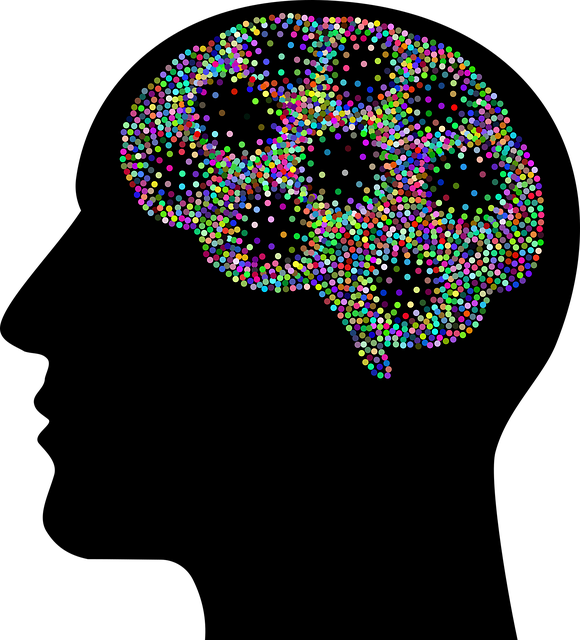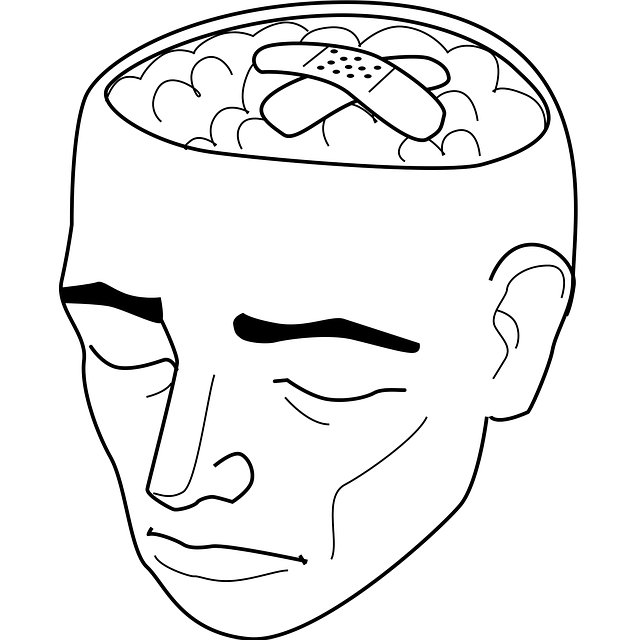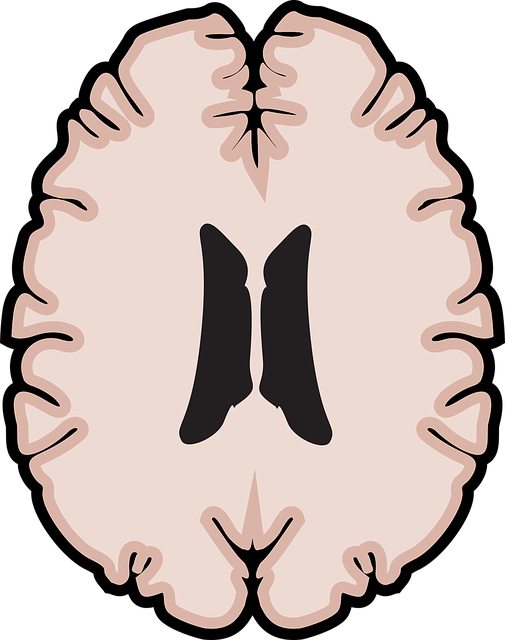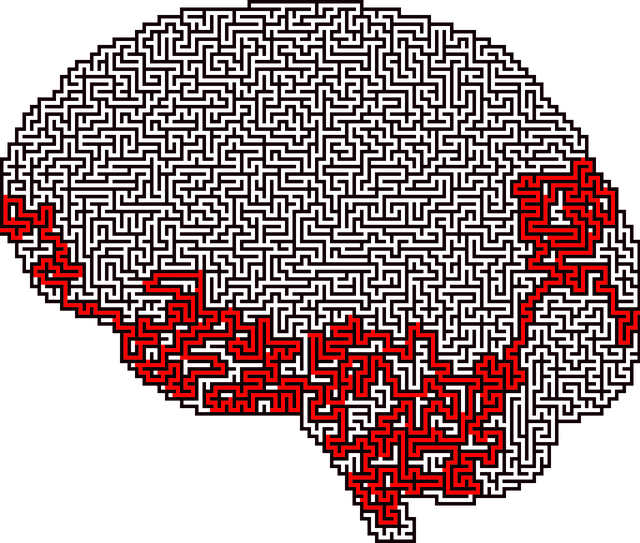Codependency among elders, fueled by low self-esteem, can be addressed through specific strategies like conflict resolution, self-awareness exercises, and mindfulness meditation. Therapy for Elders Codependency leverages these tools to improve interpersonal relationships and personal growth, offering practical solutions for isolation, anxiety, and stress reduction. Mindfulness meditation, starting with simple practices, enhances emotional regulation, self-esteem, and present-moment awareness, making it an effective daily routine for managing codependent behaviors and improving overall mental wellness.
In today’s fast-paced world, mindfulness meditation offers a calming haven for elders seeking therapy for codependency. This practice isn’t just a trend; it’s a powerful tool to navigate emotional landscapes and foster self-awareness. Our article delves into the profound impact of mindfulness on elderly individuals, exploring how it can mitigate the effects of codependency. We provide practical steps to integrate this ancient technique into daily routines, offering a path to inner peace and improved well-being.
- Understanding Codependency and Its Impact on Elders
- The Benefits of Mindfulness Meditation for Elderly Individuals
- Practical Steps to Integrate Mindfulness Meditation into Daily Routines
Understanding Codependency and Its Impact on Elders

Codependency, a complex emotional pattern, often has profound effects on elders within our communities. This dynamic typically arises from deeply ingrained behaviors and beliefs, where individuals become overly reliant on others for validation and emotional support. In the context of therapy for elders codependency, addressing this issue is crucial for enhancing their overall mental wellness. Many elderly individuals struggle with feelings of worthlessness or low self-esteem, leading them to seek fulfillment in external relationships and approval.
Conflict resolution techniques can play a significant role in helping elders break free from these unhealthy patterns. By fostering self-awareness exercises that encourage introspection and understanding, they can begin to recognize the impact of codependency on their lives. The mental wellness podcast series production has also gained popularity as a tool to educate and support elders in navigating through these challenges, offering practical strategies for improving interpersonal relationships and cultivating a sense of independence and personal growth.
The Benefits of Mindfulness Meditation for Elderly Individuals

Mindfulness meditation offers a profound therapy for elderly individuals, helping to alleviate various challenges often faced in later life. As people age, they may experience increased feelings of isolation, anxiety, or even codependency within their relationships. Regular mindfulness practice can serve as a powerful tool for emotional regulation and stress reduction. By focusing on the present moment, seniors can learn to detach from negative thought patterns and improve their overall mental wellness.
Incorporating mindfulness into daily routines encourages self-reflection and enhances communication strategies. For instance, elderly individuals can use meditation as a means to connect with their emotions, fostering better understanding of themselves and others. Additionally, maintaining a mental wellness journal alongside meditation practice can provide valuable insights and support for those seeking to improve self-esteem and overall emotional well-being.
Practical Steps to Integrate Mindfulness Meditation into Daily Routines

Integrating mindfulness meditation into your daily routine can be a transformative practice, offering therapeutic benefits, especially for older adults navigating codependency issues. Start by allocating just 10-15 minutes each day for meditation; consistency is key. Begin with simple techniques like focusing on your breath or scanning your body for tension. These practices enhance emotional regulation and self-esteem improvement, crucial aspects in managing codependent behaviors.
Consider incorporating mindfulness into everyday activities like walking, eating, or even doing the dishes. This approach, known as mindful engagement, helps to cultivate present-moment awareness. Regularly assess your mental state and practice non-judgmental observation, a skill vital for professionals assessing risk in mental health settings. Through dedication, mindfulness meditation can become an integral part of your daily life, fostering a deeper sense of self and improved emotional resilience.
Mindfulness meditation offers a powerful tool for therapists working with elderly clients, especially those dealing with codependency. By integrating practical steps outlined in this article, caregivers and individuals can harness the benefits of mindfulness to enhance well-being and navigate life’s challenges more effectively. Through regular practice, mindfulness meditation has the potential to revolutionize daily routines, fostering a deeper sense of self-awareness and improved relationships – ultimately serving as a valuable therapy for elders grappling with codependency issues.














